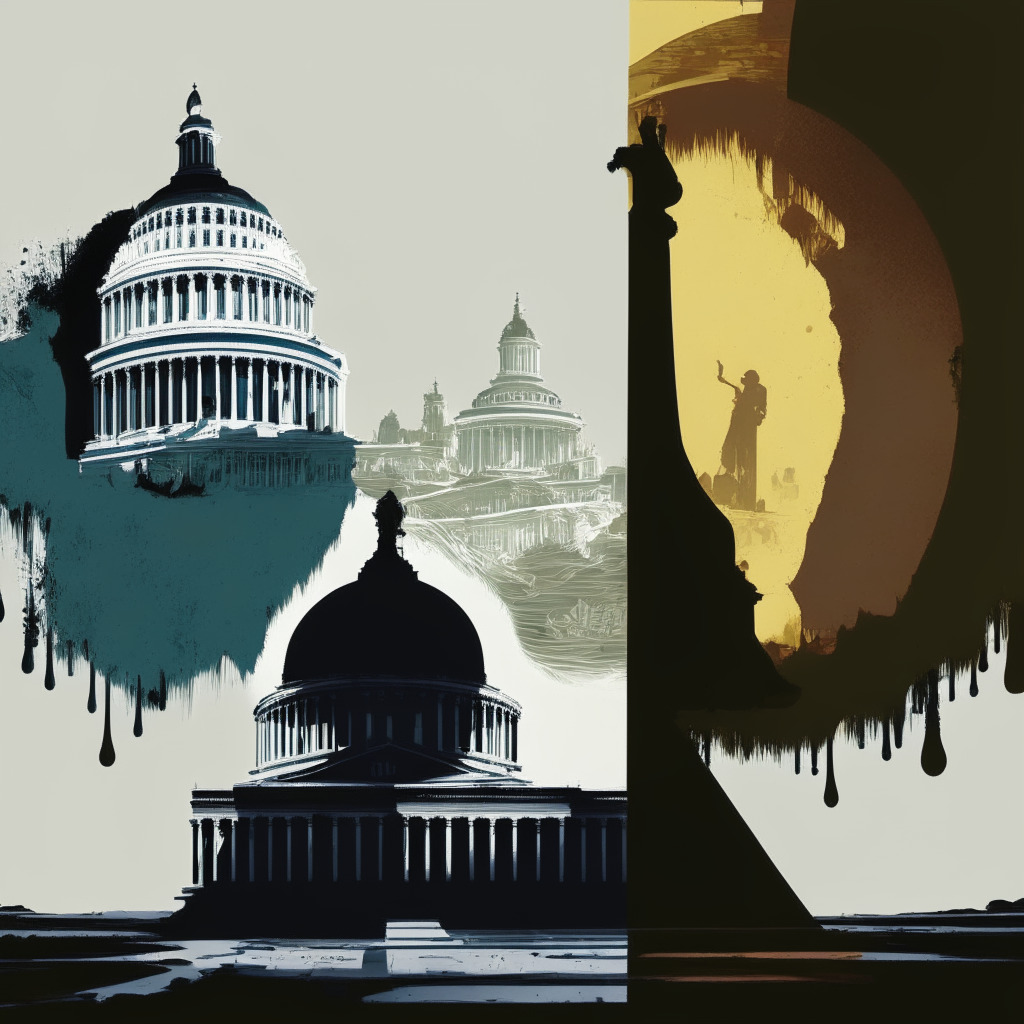Immersing in the realm of cryptocurrency, recently, we witnessed a unique stalemate in the House, on yet another significant topic: stablecoins legislation. The high hopes of a bipartisan agreement faded away rather quickly, with Financial Services Committee Chair, Patrick McHenry (R-N.C.) attributing the White House’s inflexibility as the main culprit, while the opposing side viewed McHenry as the one who impeded the progress.
The deadlock comes closely on the heels of the legislators approving three crypto-related bills, marking the first time laws exclusively focusing on this topic advanced for a full House vote. This context shows an increasing interest and the realization of the importance of addressing the regulatory ambiguity surrounding the digital asset sector.
McHenry sheds light on the unfortunate outcome of the negotiations, laying the blame on the executive branch’s lack of willingness to make concessions, however, the specifics remain obscure. McHenry voices concerns that regulatory framework of foreign jurisdictions like the EU are already well on their way, with its markets in Crypto Assets regulation (MiCA) slated for implementation in 2024, warning that U.S. may be losing its competitive edge.
On the other hand, Maxine Waters (D-Calif.), the committee’s senior Democrat, paints a darker image of the bill. She discerned it as “deeply problematic and bad for America”, stating it could spur a disarrayed scenario of “58 different licenses” and give undue power to big corporations like Meta and Walmart to issue currency. She emphasized on the inadequate oversight from the Federal Reserve and lack of provisions focusing on diversity and inclusion, advocating for the repeal of this “extremist” legislation.
Despite marked disagreement from both parties, this debate shows how seriously the authorities are taking the emergence of stablecoins. Any legislative progress, or a lack thereof, is inevitably going to influence the future of stablecoin regulation. Today’s adversaries could be tomorrow’s allies in the quest for balanced and effective crypto legislation. However, it remains to be seen if the lawmakers can overcome their differences to give the burgeoning industry of stablecoins a fair legislative environment.
Moreover, as reported by Coindesk, a bipartisan group of Senators is considering drafting a new bill that would put stringent anti-money laundering (AML) requirements on decentralized finance (DeFi) protocols, a move that could potentially change the entire landscape of how we regard this innovative breed of financial services.
Source: Coindesk




